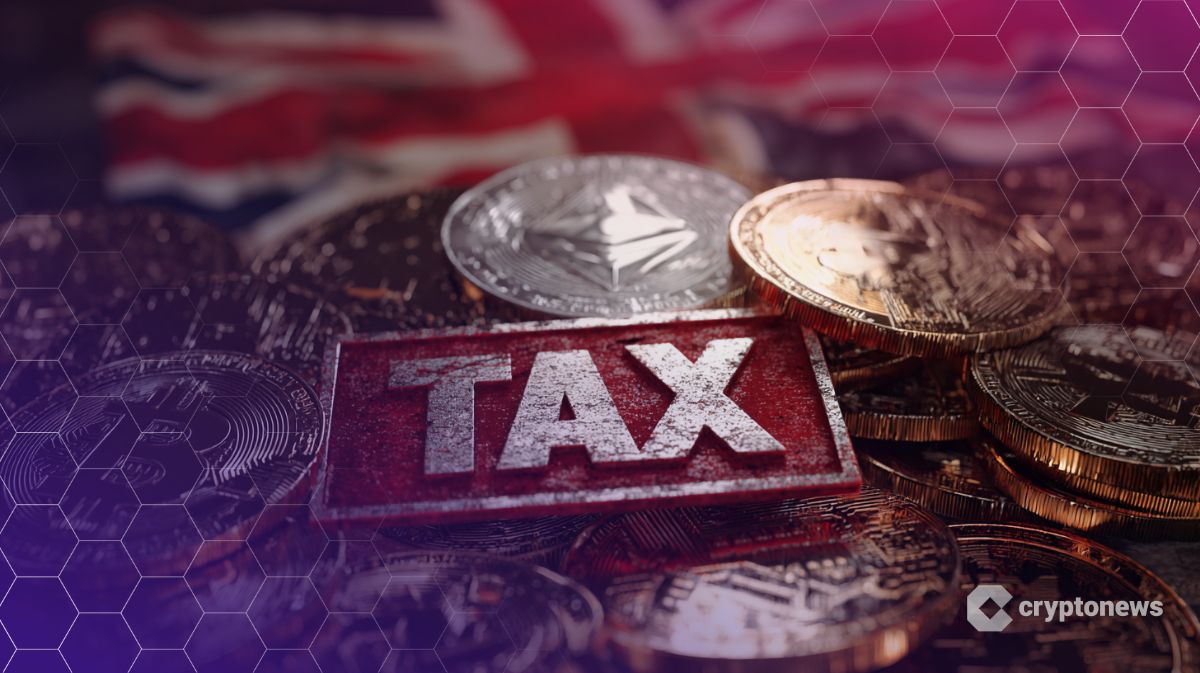Russian Ministry Starts Compiling National Registry of Crypto Mining Rigs
The Russian Energy Ministry has begun compiling a national registry of crypto mining rigs as it looks to crack down on illegal mining and boost tax revenues.
The state-run newspaper RIA Novosti reported that the ministry is working on the plan with the Federal Tax Service and the Ministry of Digital Development.
The registry, the ministry claims, will serve as a central database of all the equipment used for cryptocurrency mining in the nation.
Crypto Mining Rigs: Russians Must Register Hardware
Russia’s Deputy Minister of Energy, Petr Konyushenko, told RIA Novosti that the ministry has sent its draft document to regions with high levels of crypto mining activity.
 A power station in Moscow, Russia. (Source: Lodo27 [CC BY-SA 3.0])
A power station in Moscow, Russia. (Source: Lodo27 [CC BY-SA 3.0])
Konyushenko said the registry will let Moscow “precisely identify” who in the nation is “using electricity to mine cryptocurrencies.”
This will allow regulators and tax officials to ensure miners are complying with mining-related laws. It will also help boost tax revenues, the ministry claimed. Konyushenko said:
While legal crypto mining is on the rise in Russia, so too is the illegal sector. Scores of industrial crypto miners are known to be operating all across the country.
Many use illegal connections to power grids. And others use subsidized power intended for residential households to power their data centers.
The database will require all miners to submit rig serial numbers and device models. They will also have to submit details on other mining-related equipment.
The Energy Ministry and the Industry Ministry first proposed creating a national crypto mining equipment registry back in February this year.
Critics Unsure About Ministry Plans
Government officials said a unified registry of “equipment without which cryptocurrency mining is impossible” was needed.
The idea is not without its vociferous critics. These include the lawmaker Anton Gorelkin, one of the architects of Russia’s crypto mining laws. Gorelkin said it was “unclear how exactly this registry will help combat illegal mining.”
He added that Moscow already has the “necessary tools to identify miners who use electricity illegally.”
Legalize Black-market Rigs, Says Lawmaker
The lawmaker also explained that Moscow needed to focus its efforts on helping miners legalize crypto mining equipment bought using sanctions-evading “shadow schemes.”
This would help miners “legalize” mining rigs they buy on the black market and “quickly add them to the registry,” Gorelkin said.
The media outlet RBC reported that officials (including customs officers) are considering issuing an “amnesty” for crypto miners who have “no other choice” than to buy rigs through underground channels in a bid to evade sanctions regimes.
Earlier this month, police in Sayansk announced they had shut down an illegal crypto mining farm fitted with 240 mining rigs. Officers said the farm was using enough electricity to power 2,000 apartments.
Also this month, police in St. Petersburg said they seized an undisclosed number of crypto mining rigs operating in a warehouse in an industrial zone near the iconic Mitrofanievsky Highway.
You May Also Like

Circle issues another $250 million USDC on Solana

UK Treasury Targets Crypto Tax Evaders with £300 Fines Starting January 2026
